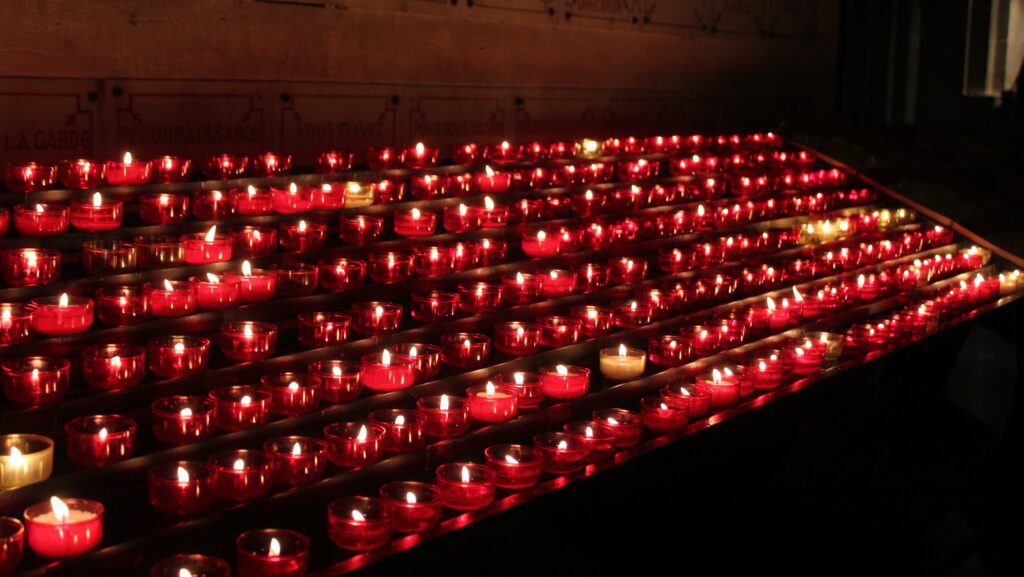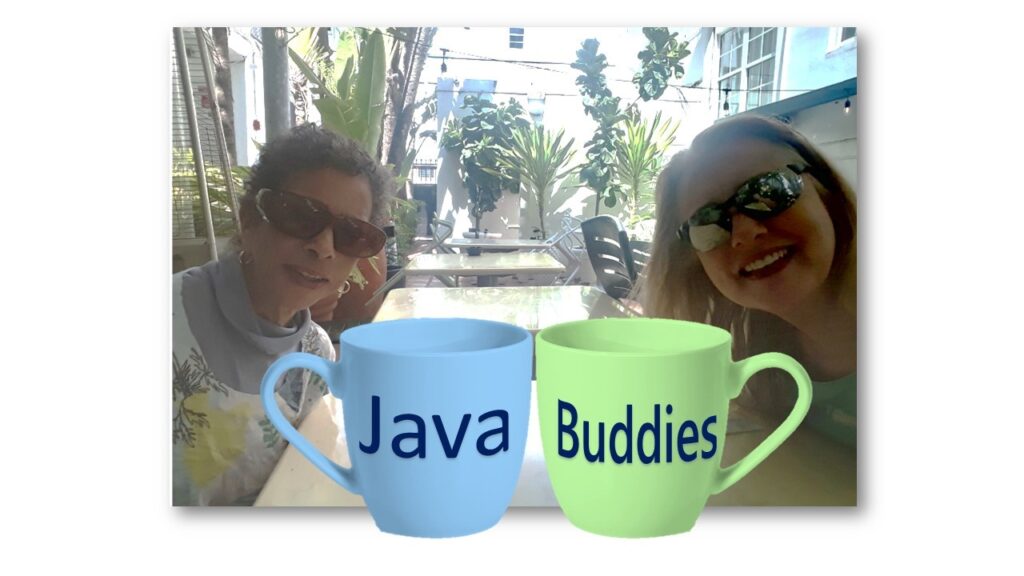Colly Dennis, a Street Sense Media vendor and artist, died in his apartment on Jan. 13. He was 35.
At the time of publication Dennis’ cause of death is currently pending, according to the Office of the Chief Medical Examiner.
Those who knew Dennis said he was an empathetic, observational, thoughtful, and caring person. He was described as a smiling face who would laugh to himself about all the little absurdities of existence.
Darick Brown, the director of programs and Dennis’ case manager at Street Sense Media, said he worked closely with him. Brown said that even as Dennis was a somewhat private person, he was extremely vocal about injustices or frustrations he saw everyday in the street.
“He was very fond of Street Sense; it’s somewhere where he came on a weekly basis,” he said.
Originally born in Kampala, Uganda, Dennis immigrated to the United States later in life. He had been working as an artist and vendor at Street Sense Media for about eight years before his passing. He was also deeply passionate and involved in Street Sense Media’s mission, and came to the offices weekly, to work both the writer’s workshop and with case managers.
“He would come in and sometimes just want to talk about whatever he was dealing with in the community,” he said.
Dennis sold papers on 14th and U Street in front of the Tropicalia Lounge and the Jumbo Pizza. He would also occasionally sell newspapers at the Whole Foods on Florida and Sherman Avenue.
Dennis will be remembered for his upfront attitude, and those who knew him could instantly tell his mood.
Eric Falquero, the former editorial director for Street Sense Media, said Dennis was “entrepreneurial” and always had ideas on how to improve the newspaper, often suggesting video, photos and news stories to include on the cover. He said Dennis did quite a large amount of work behind the scenes at Street Sense Media too. He pitched a photo series called “Streets and Selfies” where vendors published selfies between themselves and their customers as a way to build community.
“Overall, I think he again just was super outgoing and liked to talk to people and connect with people,” Falquero said.
Dennis had also recently moved into permanent housing, in Northwest D.C.
Thomas Ratliff, the director of vendor employment at Street Sense Media, said Dennis had a political worldview informed by his involvement in the unsheltered community. He said Dennis cared for the community and would advocate for those who were less fortunate than him, but still tried to understand where everyone was coming from.
“[He would go] out [to] protests, to meet people with his vest on and sell papers to them, no matter what political cause they were here for..”
Dennis talked with people from all walks of life, who differed in political ideology, race, religion, gender and philosophy. His goal was always to understand where people were coming from, he wanted to look into each person’s world to get a glimpse into their perspective.
“He also seemed to believe that everyone was the way they were for reasons that were out of their control,” Ratliff said. “And so, while he would always take the side of the powerless of the powerful, he was empathetic to why the powerful behaved the way they did even if he was pointing at [them] as the problem.”
Ratliff said Dennis had a big and boisterous laugh that could be heard across the room, and he could often be heard laughing to himself about people or situations he found comedic.
“He was a warm presence. A person who was always smiling and sweet and kind, and also thoughtful,” he said.
If anyone would like to further contribute or add to Dennis’s story, reach out to [email protected].








